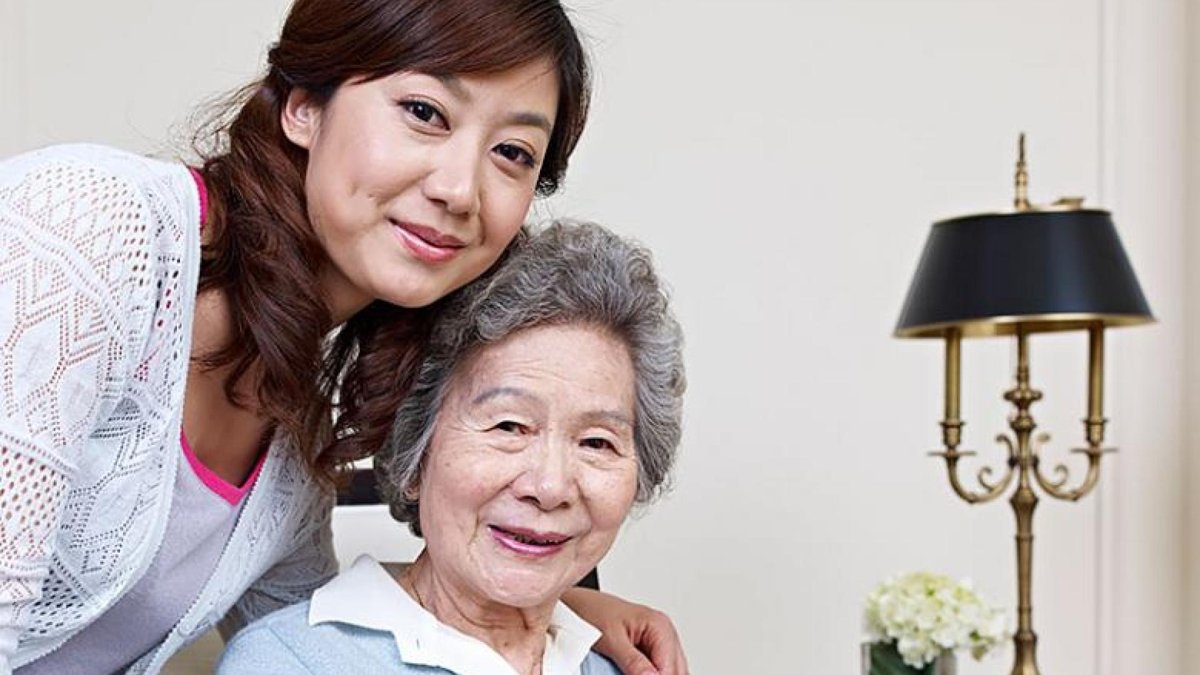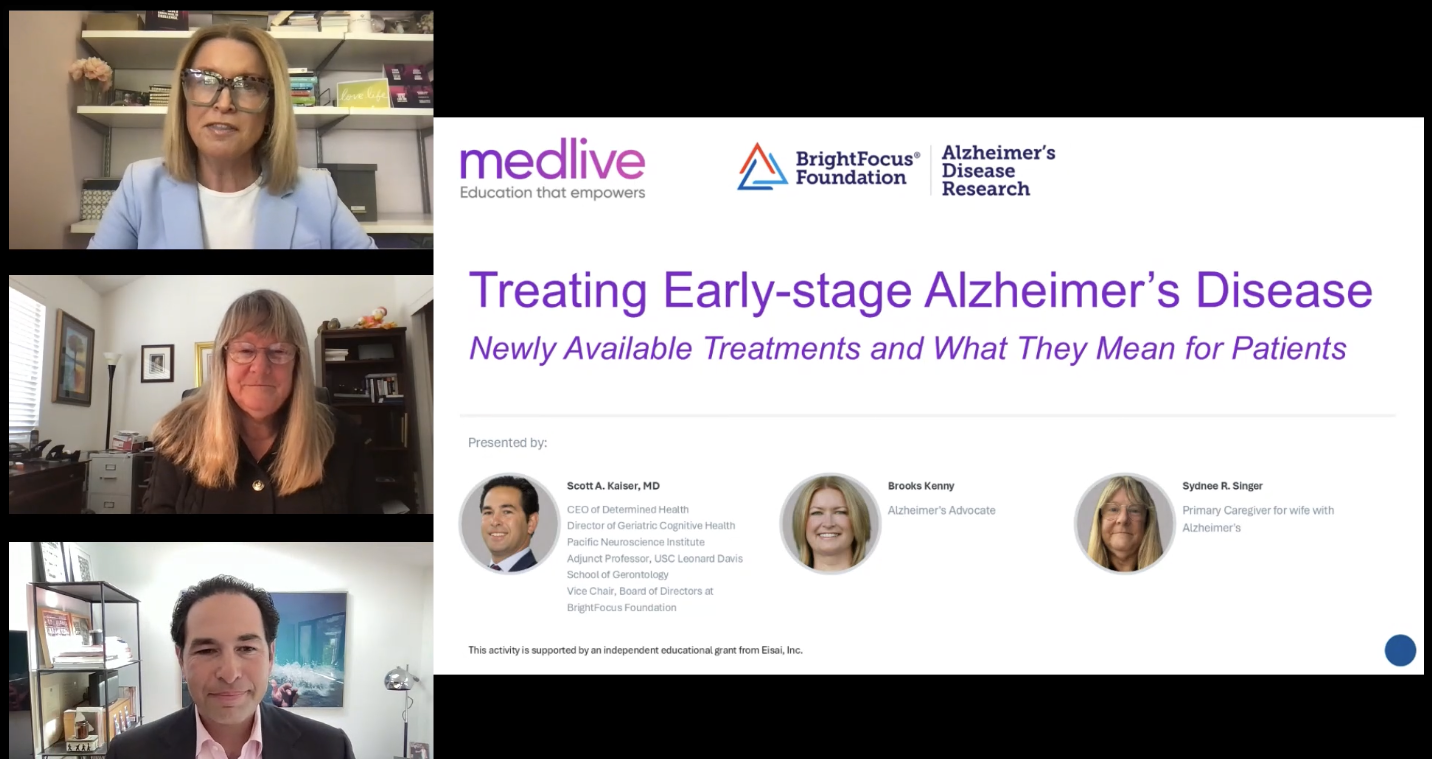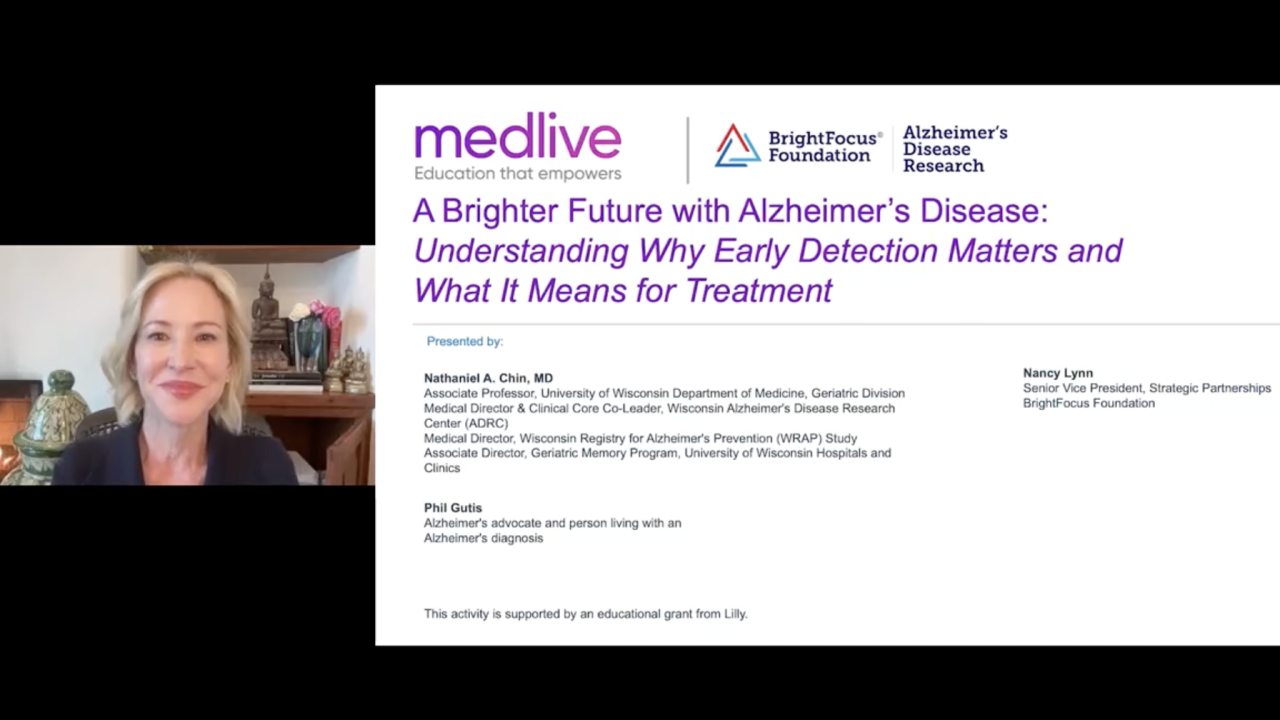
Over the last ten years, many studies have documented the impact Alzheimer’s disease is having on caregivers, caregiving employees, their employers, and on the economy. The numbers are staggering and growing.
In America, at this time, more than five million people have Alzheimer’s disease. By 2025, that number is expected to grow to over seven million, and triple by 2050.1 Women are approximately two-thirds of those who suffer from Alzheimer’s. People age 65 and older survive an average of 4-8 years after a diagnosis of Alzheimer’s disease. Some live as long as 20 years.
And those caring for them? In 2012, 15 million Americans provided 17.5 billion hours of unpaid caregiving. That care is valued at $216 billion. Approximately 60% of Alzheimer’s caregivers are women, the focus of this article.
Women as Caregivers
The typical family caregiver is a 50+ year-old woman caring for her widowed mother who does not live with her. She is married and employed. Over 40% of Alzheimer’s caregivers say they had no choice in becoming the caregiver.
The Economics of Being a Caregiver
In 2008, the average family caregiver for someone 50 years or older spent $5,531 per year on out-of-pocket caregiving expenses, which at the time was more than 10% of the median income for a family caregiver.5 Other studies have shown related results. One estimated the total impact of Alzheimer’s disease on government, families, and business at $300 billion per year.6
Impact on Family Caregiver’s Health
Not surprisingly, the health of an Alzheimer’s caregiver is negatively affected by the declining health of the Alzheimer’s patient. During an 18-month study of Alzheimer’s caregivers, emergency room visits and hospital-based services among female caregivers were twice that of the non-Alzheimer’s caregivers. The cost of care during that time was $4,766 on average more per year than the health care cost of a non-Alzheimer’s caregiver.
Caregiving and Work
Almost two-thirds of all working caregivers report having to go to work late, leave early, or take time off to provide care. Numerous studies about the effect of caregiving on one’s work and career have all pointed in the same direction. Working caregivers are overburdened, receive too little support from their employers, and are not considered as productive in the workplace.
We Understand the Problem. What Now?
As a society, we’ve studied this problem. We understand it. The rate of Alzheimer’s is growing. It can’t be prevented, treated, or cured. This fatal disease progresses over many years. The well-being of caregivers, especially female Alzheimer’s caregivers, is often permanently affected. While we await viable treatments, what options do we have, as individuals and families, as communities, and as a society? Can employers do anything to provide some solutions for their caregiving employees? What should caregivers do?
No matter who we are in the life of a caregiver—spouse, adult child, neighbor, friend, fellow church member, employer—we need to give the caregiver support. Ask them what they need. Time away? Cooked meals? Someone to shop? Someone to take the car in for a tune-up? Respite? The list is endless. If you are reading this article, chances are you are an Alzheimer’s caregiver, or you know an Alzheimer’s caregiver. Reach out to give or get support.
What about employers? More and more, we do see employers adding elder care benefits for their employees. Still, much more could be done to support their caregiving employees. For employers, there can be big advantages for a relatively small cost. There would be savings in lost productivity. Having a benefit sends a supportive message to employees. Options for employers include:
- Contracting with an elder care professional for onsite consultation with caregiving employees;
- Providing an in-home assessment or consultation benefit;
- Offering flex-time and emergency back-up coverage for caregiving employees.
Advocate
Employed caregivers should also bring this issue to their employer’s attention. Let them know the situation. Talk to your Human Resources Department and see what benefits are available for elder care. They may not even realize there is a need among their employees. You may be the one to uncover the need and pave the way for yourself and others.
Finally, the caregiver. Caregivers sometimes need help accepting an offer of help. The endless hours, oftentimes for years, takes a toll. Caregivers, when offered support, must remember to accept it. Do it for yourself, and for the loved one that you are caring for.
Sources
- “Alzheimer’s Disease Facts and Figures” (2013), Video: http://www.alz.org/alzheimers_disease_facts_and_figures.asp.
- Ibid.
- Shriver, M. (2010): “The Shriver Report: A Woman’s Nation Takes On Alzheimer’s”, page 21.
- Ibid.
- AARP Public Policy Institute (2008): “Valuing the Invaluable: The Economic Value of Family Caregiving”, pg. 3.
- Shriver, M. (2010): “The Shriver Report: A Woman’s Nation Takes On Alzheimer’s”, page 21.
- National Alliance for Caregiving, Schulz, R. Coot, T., University Center for Social and Urban Research Department of Psychiatry University of Pittsburgh (Nov 2011): “Caregiver Costs, Declining Health in the Alzheimer’s Caregiver as Dementia Increases in the Care Recipient,” pg. 9
About BrightFocus Foundation
BrightFocus Foundation is a premier global nonprofit funder of research to defeat Alzheimer’s, macular degeneration, and glaucoma. Through its flagship research programs — Alzheimer’s Disease Research, Macular Degeneration Research, and National Glaucoma Research— the Foundation has awarded nearly $300 million in groundbreaking research funding over the past 51 years and shares the latest research findings, expert information, and resources to empower the millions impacted by these devastating diseases. Learn more at brightfocus.org.
Disclaimer: The information provided here is a public service of BrightFocus Foundation and is not intended to constitute medical advice. Please consult your physician for personalized medical, dietary, and/or exercise advice. Any medications or supplements should only be taken under medical supervision. BrightFocus Foundation does not endorse any medical products or therapies.










